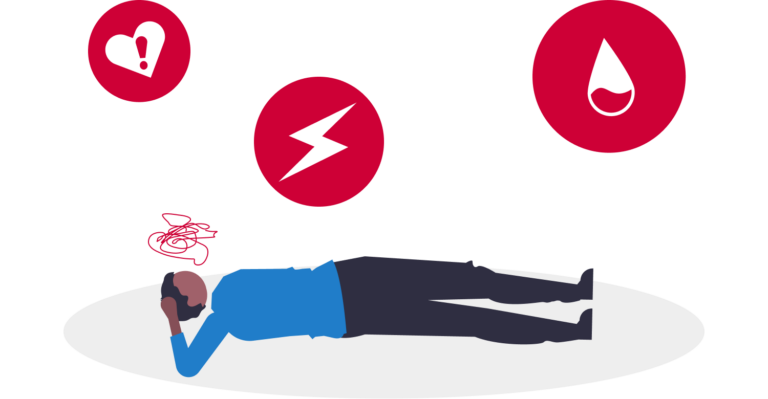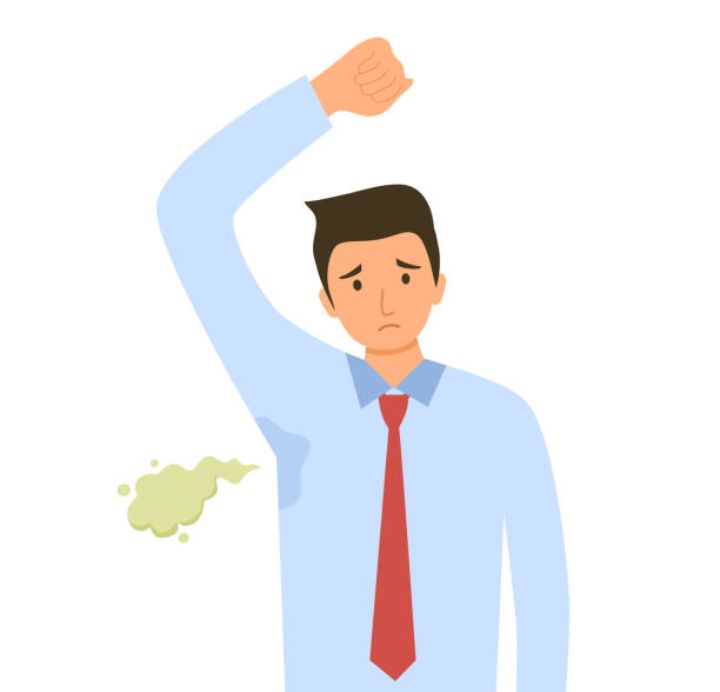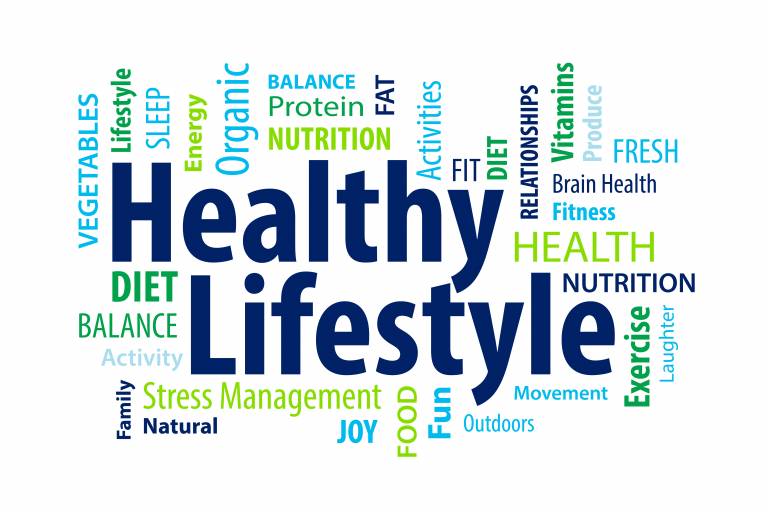Becoming Health-conscious in 2025

It is the New year again, and while many have made resolutions for the year—what to do and what not to do—only a few will remember to include improving their health and well-being as part of their goals for the year. If you did not, then you have not realized the critical importance of health. And even if you did, you may not have realised that only by being continuously health-conscious can you improve your health and well-being. Welcome to 2025: the year where healing flows from the pen.
But what does it mean to be health-conscious? As defined by the World Health Organization (WHO), health is a state of complete physical, mental, and social well-being, and not merely the absence of disease or infirmity. Simply put, health is a state of well-being, where an individual can optimally perform his/her daily activities. This implies that even if there is the presence of a disease or infirmity, it should be manageable enough to still allow a person to optimally perform his/her daily activities.
Indeed, the importance of good health cannot be overemphasized, especially in these times when healthcare costs have become increasingly unaffordable. These are times when we cannot but realize the full import of the saying, “Prevention is better than cure.” Good health is invaluable; it is essential for good academic performance, effectiveness, and a happier, more productive life.
Having understood health and its critical importance, we can now unravel the means to attaining good health. And to maintain good health, certain rules must be followed, which include:
- Eating a Healthy Diet: You are what you eat. Yes! This is because your body is nourished by your food intake. Hence, eating a healthy diet does as much good as an unhealthy diet would do bad. Eating healthy diet is arguably the most important way to achieving good health and well-being. We cannot function without food, and to function optimally, good nutrition is required in the right quantity and quality. Eating a healthy diet would involve replacing fast foods with whole foods (the less processed, the better), eating lots of fruits and vegetables (especially those that are in season), drinking plenty of water (at least 2.5 liters daily), adding protein (egg, meat, fish, beans, and milk) to your carbohydrate foods, and not skipping meals. Above all, ensure that your food is hygienically and properly prepared.
- Getting Adequate Exercise: If you (like many of us ) have not been exercising consistently, you’re very likely to continue that bad habit this year. You must make up your mind to change, as a lack of exercise puts you on a fast lane to poor health. While you might not notice any immediate damage, the consequences of reduced physical activity such as obesity, high blood pressure, stroke, heart diseases, diabetes, cancer, amongst others creep slowly in the background. Beyond building a good physique, encouraging weight loss and ensuring proper posture, getting adequate exercise is crucial for maintaining overall health and well-being. Physical activity for at least 30 minutes daily is recommended. Your walks to classes definitely do you a lot of good, but don’t forget to include some moderate to high intensity activities in your routine. Jogging, running, working out in the gym, biking, swimming; there is no limit to the variety of activities you can do.
- Getting Adequate Sleep: This is where many university students are at fault. And while you might not think much of staying up to read (or complete that movie), poor sleep comes with devastating consequences. You will find out very quickly that you can’t cheat nature and go scot-free, as your sleep debt is repaid in various ways: poor concentration, drowsiness and sleepwalking, deteriorating health, and inefficiency. On average, people need 7–8 hours of sleep a night to feel refreshed and energized. To get adequate sleep, create a regular sleep schedule; limit caffeine and sugar, especially at night; utilize relaxation practices, including breathing exercises or listening to music to rest and encourage sleep; minimize light or noise in your bedroom; eat a healthy diet; and limit useless and time-consuming activities like games, movies, social media, etc.
- Maintaining Good Sanitation and Hygiene: Sanitation and hygiene are huge determinants of good health and well-being. Most diseases in this environment result from poor sanitation and hygiene, from malaria to cholera, typhoid, tuberculosis, skin infections, and parasitic diseases. A dirty environment and poor hygiene go hand in hand; hence the need to take care of both your environment and your body. Maintain good sanitation and hygiene by practising regular handwashing, keeping your surroundings clean and toilet facilities clean, regularly sweeping your room, using insecticides to repel insects and parasites, drinking clean water, wearing clean clothes, and eat hygienic food. Ensure that food is stored out of the reach of rodents and insects that run amok in school hostels.
- Performing Routine Health Check-ups: Interestingly, many of us lived through 2024 and previous years without bothering to perform any health check-ups. It is appalling, because many may be carrying a silent disease that would soon become malignant and fatal! It is highly recommended to perform routine health check-ups at least once a year. Even though it might not detect a disease condition, it will help confirm that you are healthy and right on track. In the event that a disease is detected, you will be lucky to find it in its benign or latent stage, where it can be treated early enough without any serious damage. Moreover, you could get recommendations to prevent a disease when signs indicate its appearance.
- Reading Health Articles and Books: Reading articles and books related to health keeps you informed and conscious of your health. Even us medical students tend to lose sight of this, if we’re not being intentional. You can find specific information you need, stay current with health news, and improve your knowledge and understanding of health. Health should not be the responsibility of healthcare professionals alone; it should be everybody’s responsibility. You must take it upon yourself to learn more about your own body!
Having read this and understanding the importance of prioritising health in your resolutions this year, you must have made up your mind to be more health-conscious this year. However, this consciousness can slip gradually away into unconsciousness if you do not reassess your goals and habits from time to time. By eating a healthy diet, getting adequate exercise, ensuring adequate sleep, maintaining good sanitation and hygiene, performing routine health check-ups, and reading health articles and books, we can maintain this consciousness and live a sound and healthy life. Again, welcome to 2025: the year where healing flows from the pen.
Benedict Ugor




A beautiful read. Thank you.